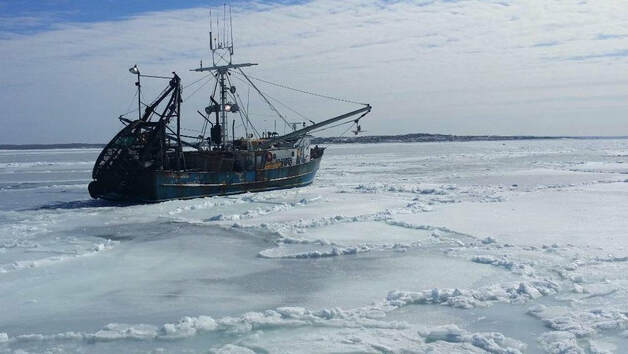CLIMATE CHANGE MONITORING
The importance of monitoring our oceans cannot be overstated. The oceans provide food, resources, and employment for billions. Oceans also provide essential climate regulation services, and is our largest buffer against increasing global temperatures from carbon emissions. Roughly 93% of the excess heat and 30% of the carbon produced by climate change is absorbed into the ocean. However, this crucial buffering capacity could change due to e.g. shifts in ocean currents or ocean acidification. Recent studies have shown large errors in prior modeled understandings of the ocean (Cheng, et al. 2019, Lozier, et al. 2019). These models are built and run with inadequate data, directly decreasing the accuracy of the Intergovernmental Panel on Climate Change (IPCC) reports (Lozier, et al. 2019).
The current state of the art in autonomous and cost effective ocean data collection technologies cannot operate around sea ice. Unfortunately, it is of the utmost importance to monitor sea ice processes for a wide range of climate change processes. Fortunately, fishing vessels often prefer to fish the ice line, providing an opportunity to get get data where it is needed most.

